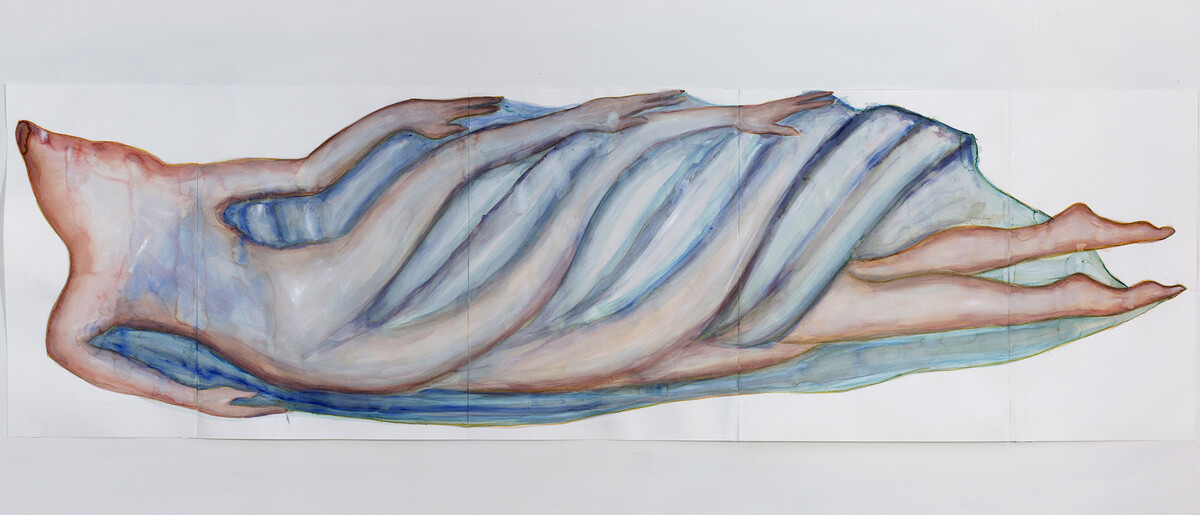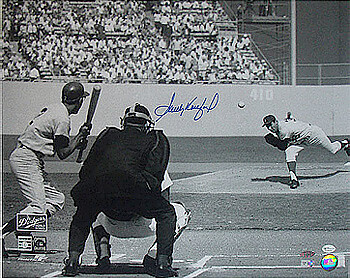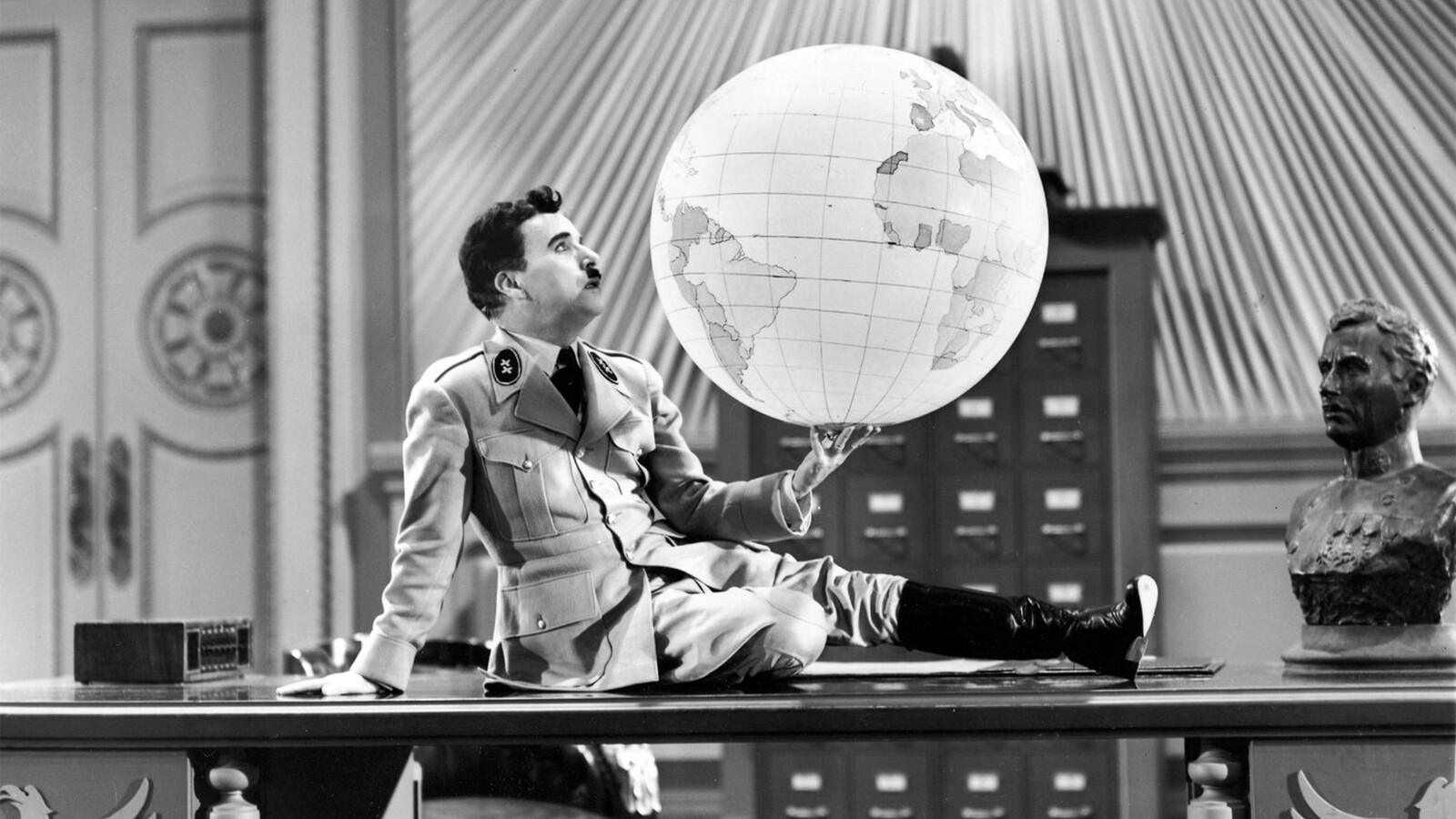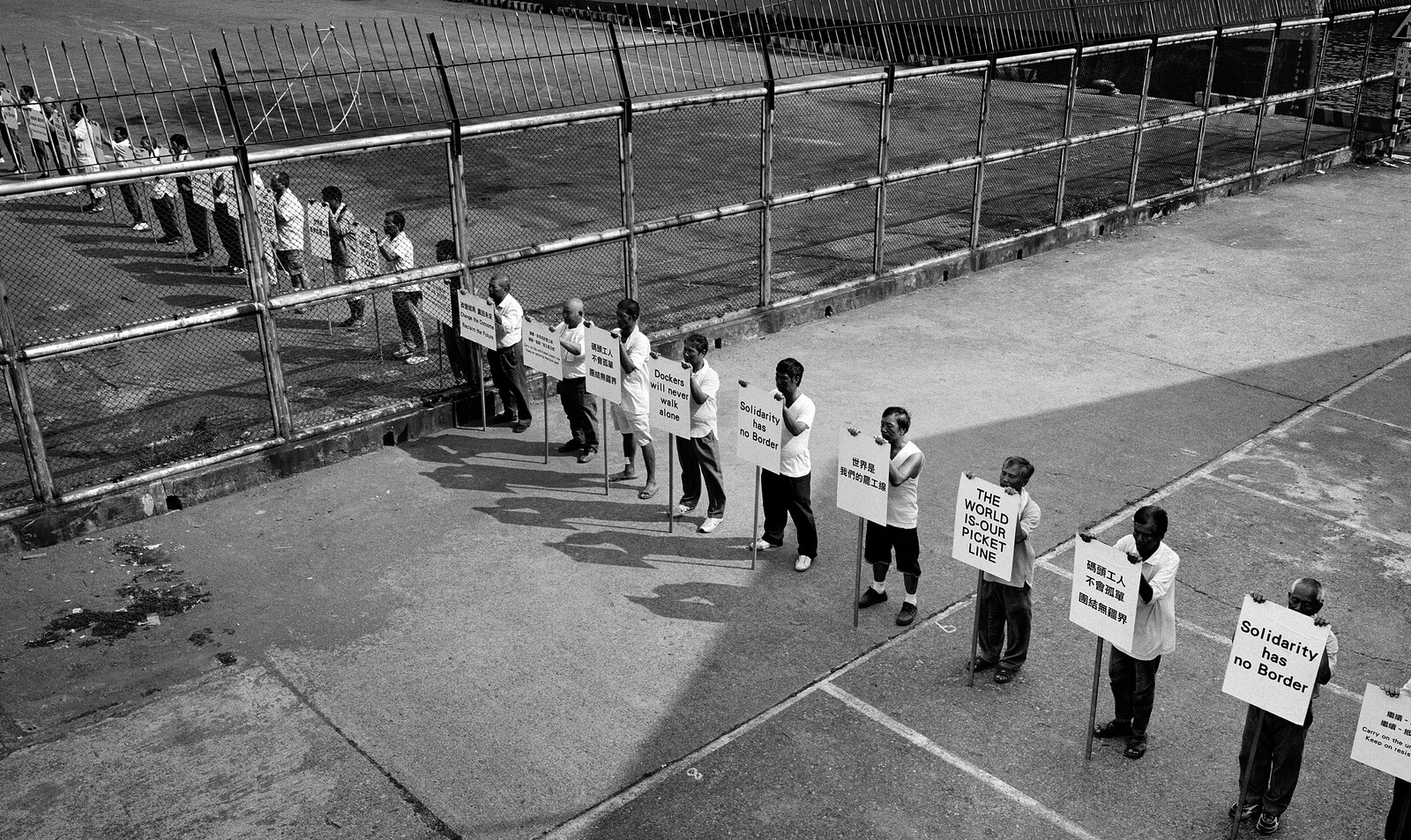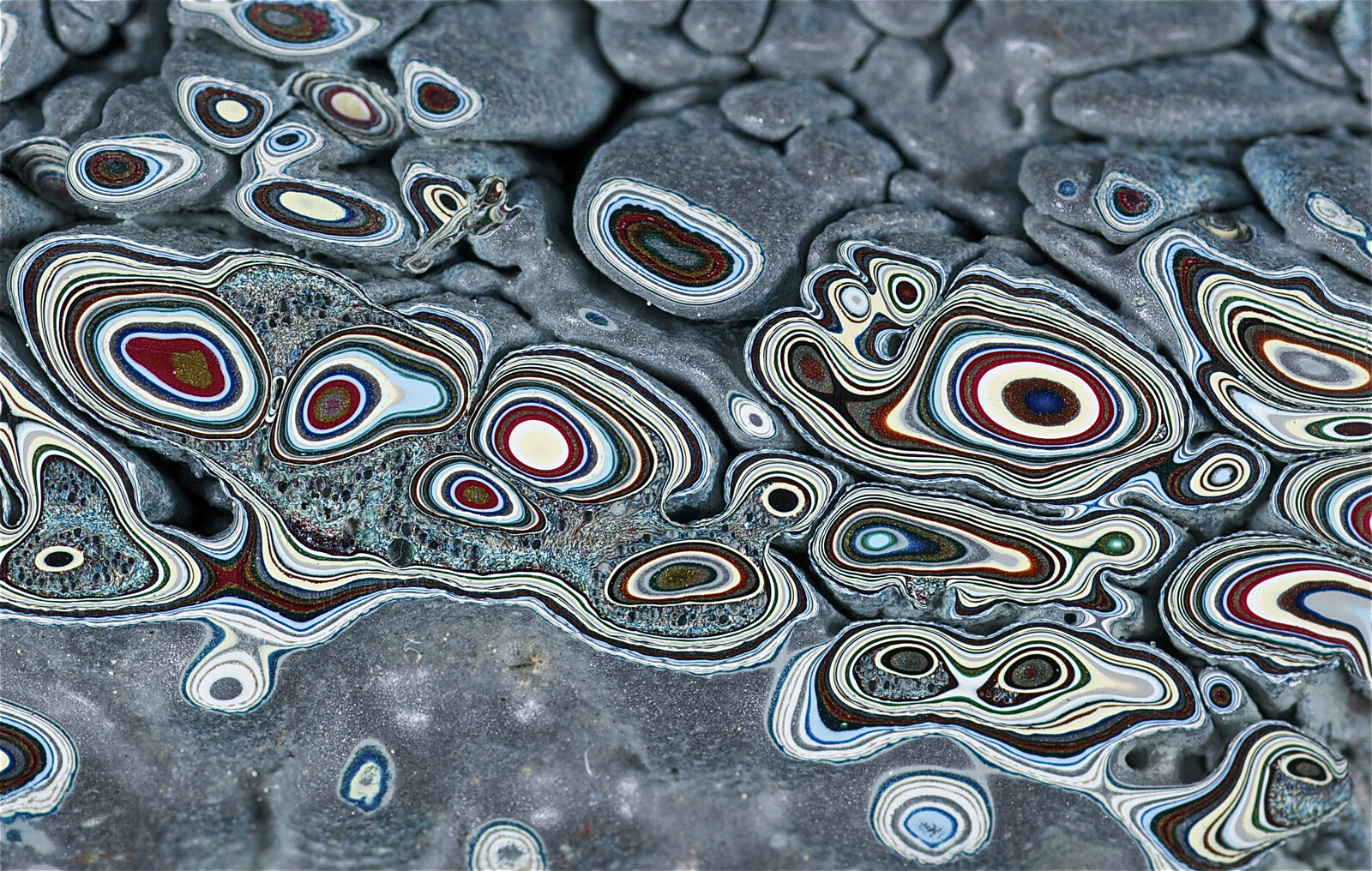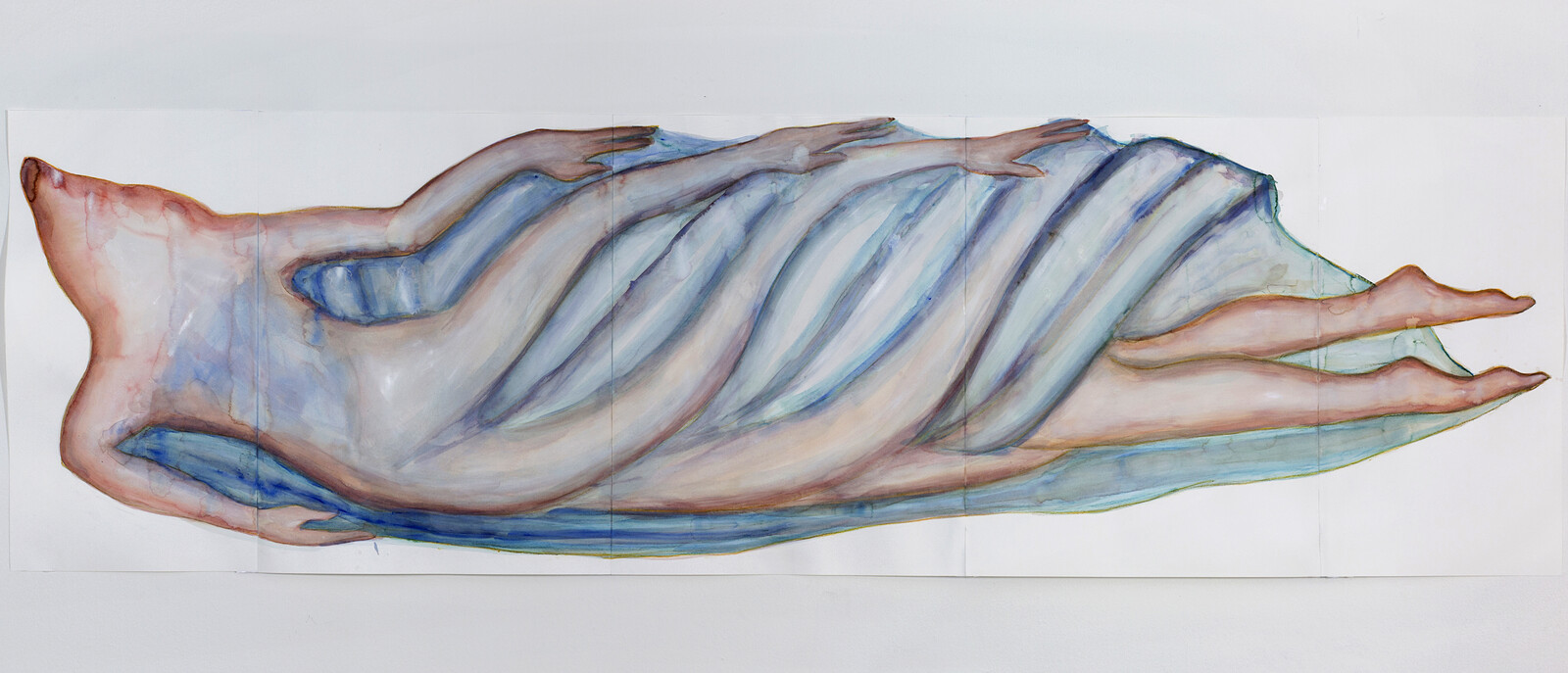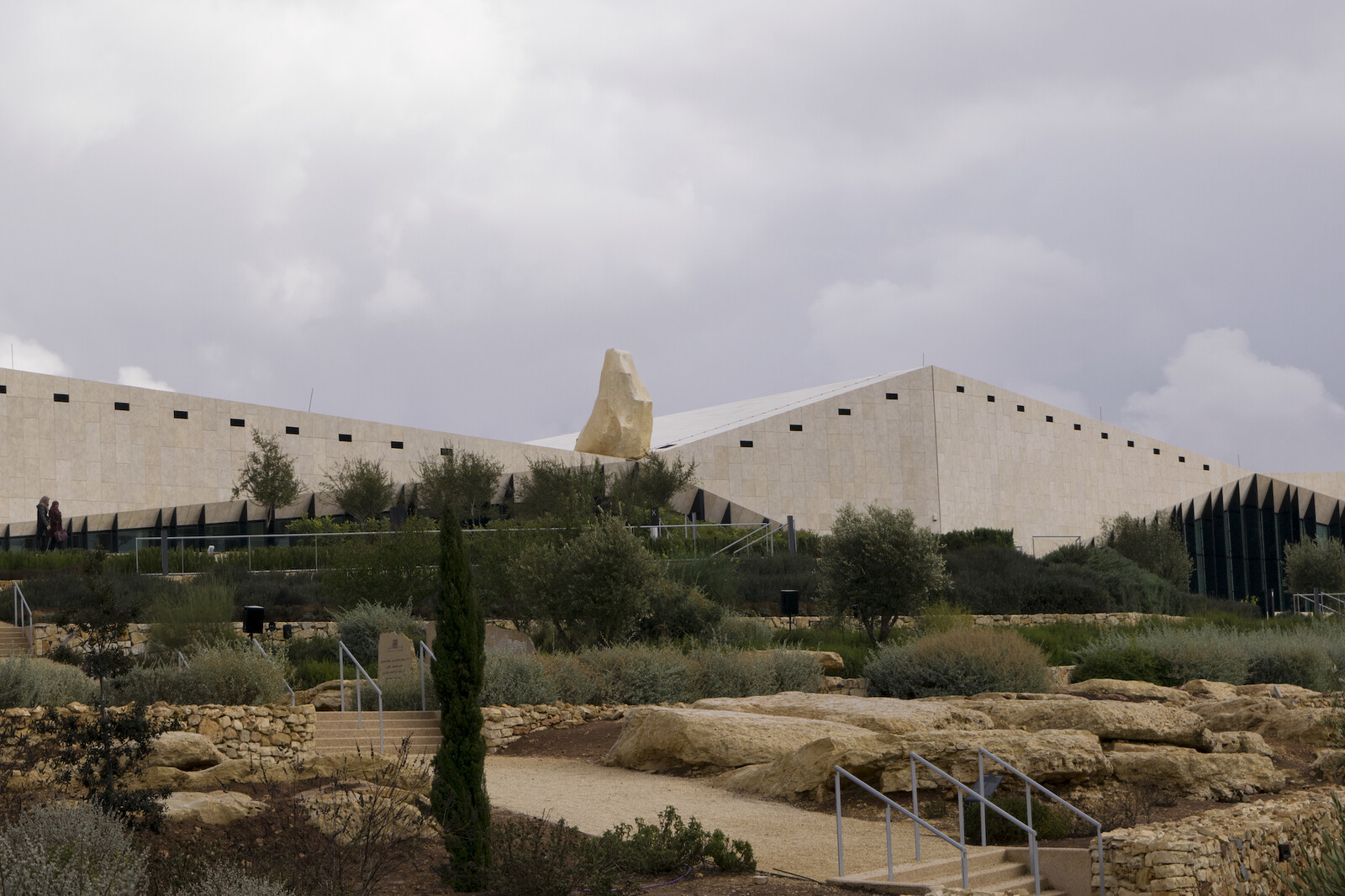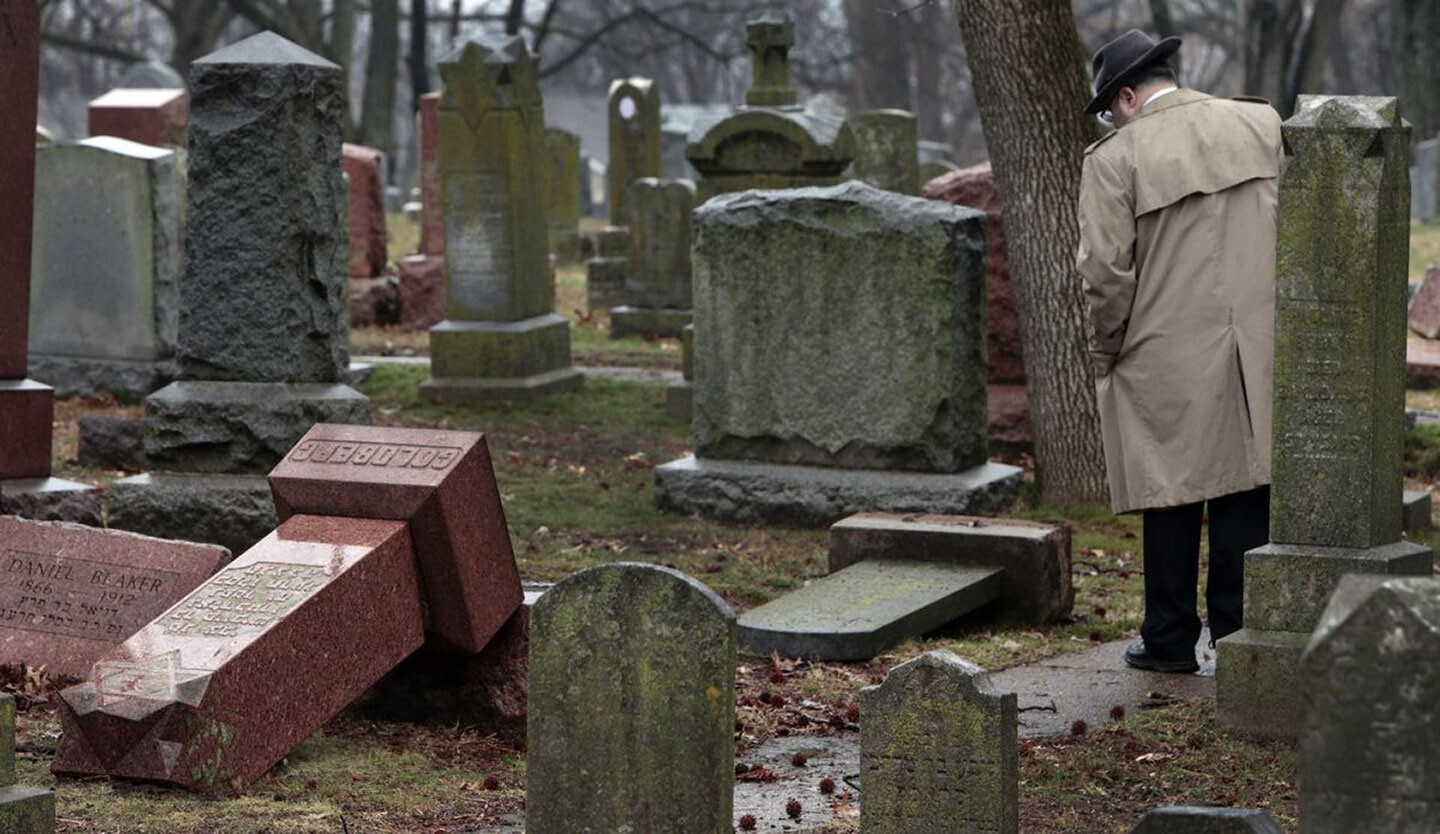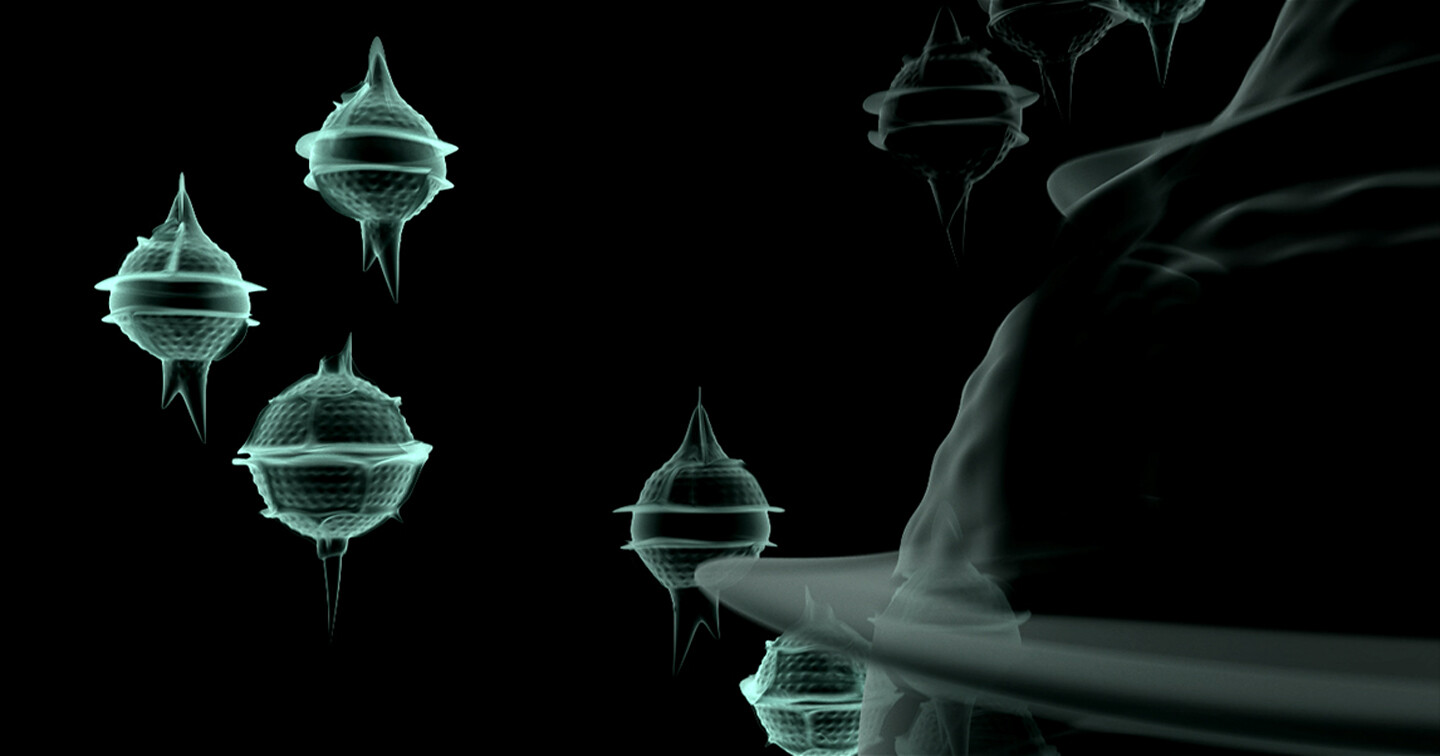Breathe
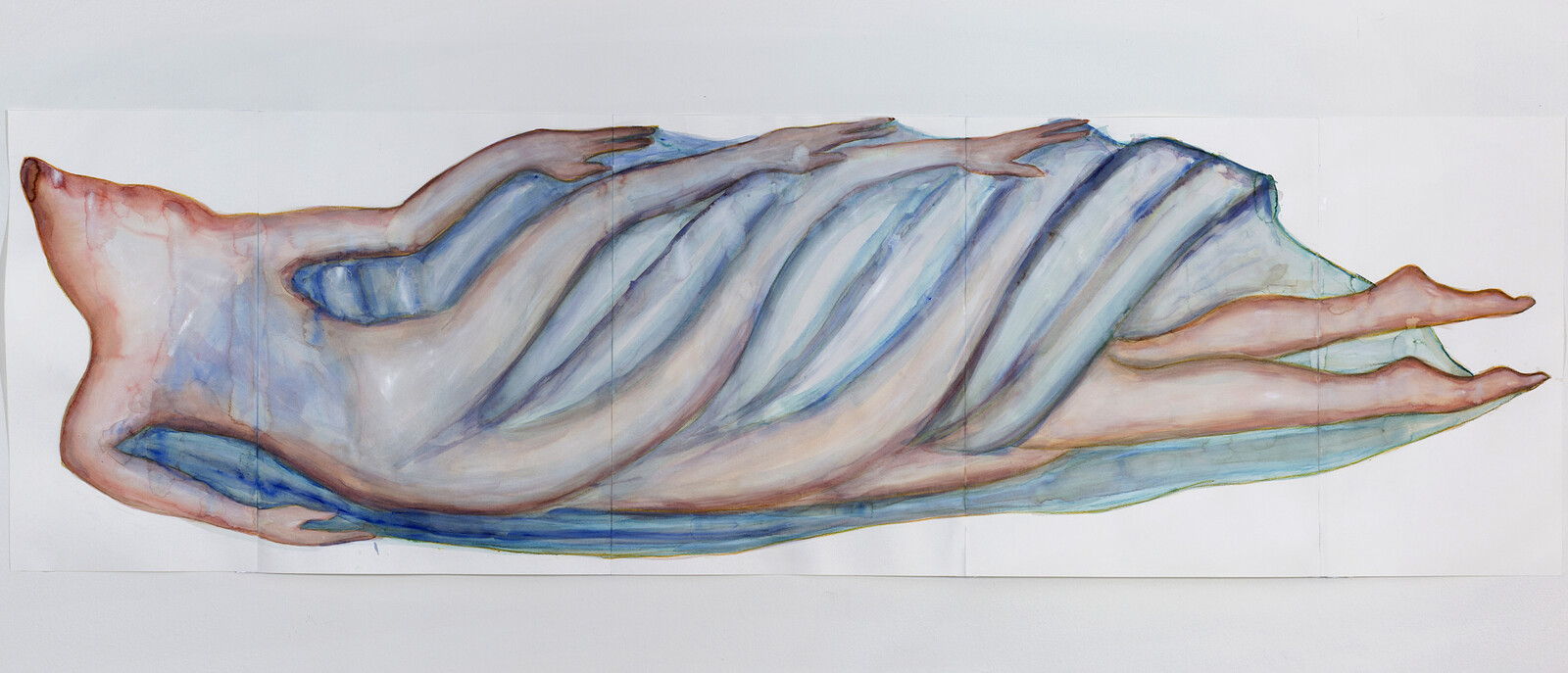
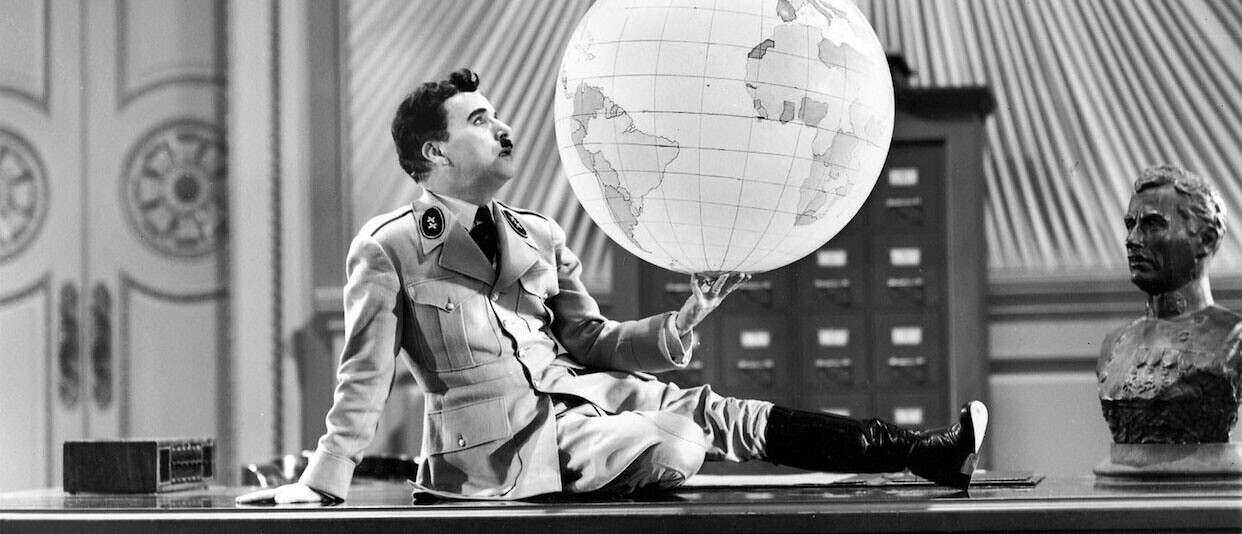
In a time when a global pandemic takes our breath away, as systematic abuse chokes people of color, and noxious environmental policies asphyxiate the planet, an ultimate, vital act of sharing is to take in the world and to inhale. Respiration is a physiological process which can also be trained. We take a deep breath when we want to express something or when we brace ourselves for a difficult task. What does contemporary art have to say as freedom of speech is jeopardized yet overabundant, and dissenting voices are left unheard? How can we learn to detect the whispers arising from archives of breathlessness and apneic bodies?
Are these dispatched workers not the new colonized slaves of bourgeois democracy and its internal colonialism? When empires that disseminate neoliberalism also try to guide people around the world in how to take action, while intentionally blurring the tremendous class disparity that separates citizen from citizen, is this not a “New Losheng Sanatorium,” one that uses labor flexibilization to implement an alternative form of exclusion under the guise of “freedom” and “democracy”? Now, however, the isolated and excluded are no longer just leprosy patients; they are everyday people forced to live in a neoliberal society.
“Life” in the phrase “Black Lives Matter” is defined as that which can be killed or which dies. It is also a measure of time, for however long we are alive is a life. Many human lives have been and are considered disposable, surplus, or without value, so the movement speaks of each life as mattering. When black life matters, time itself is altered, creating revolutionary time. These temporalities have become entangled with the crisis of earth-system time known as the Anthropocene. That time, known to geologists as “deep time,” is in crisis. And it’s a good thing too, because out of that crisis has reemerged the possibility of revolutionary time. No one has been more aware of this dynamic than the anti-black reactionary right. To be for revolutionary time, whatever one’s own personal history, is to be for anti-anti-blackness as the condition of transformative possibility.
The self is constituted by others; everybody is somebody’s Jew. Look to the Muslims murdered en masse in the Middle East, harassed and killed in the United States; the war against black lives carried out by cops and klans and right-wing terrorists; the classist eugenics performed on the poor by the extractive networks of capitalism; the Native victims of cultural and natural destruction via unregulated development of indigenous lands; the many displaced by the gentrification of urban space. And no matter who you are, at one point or another in your life, you are your own Jew.
